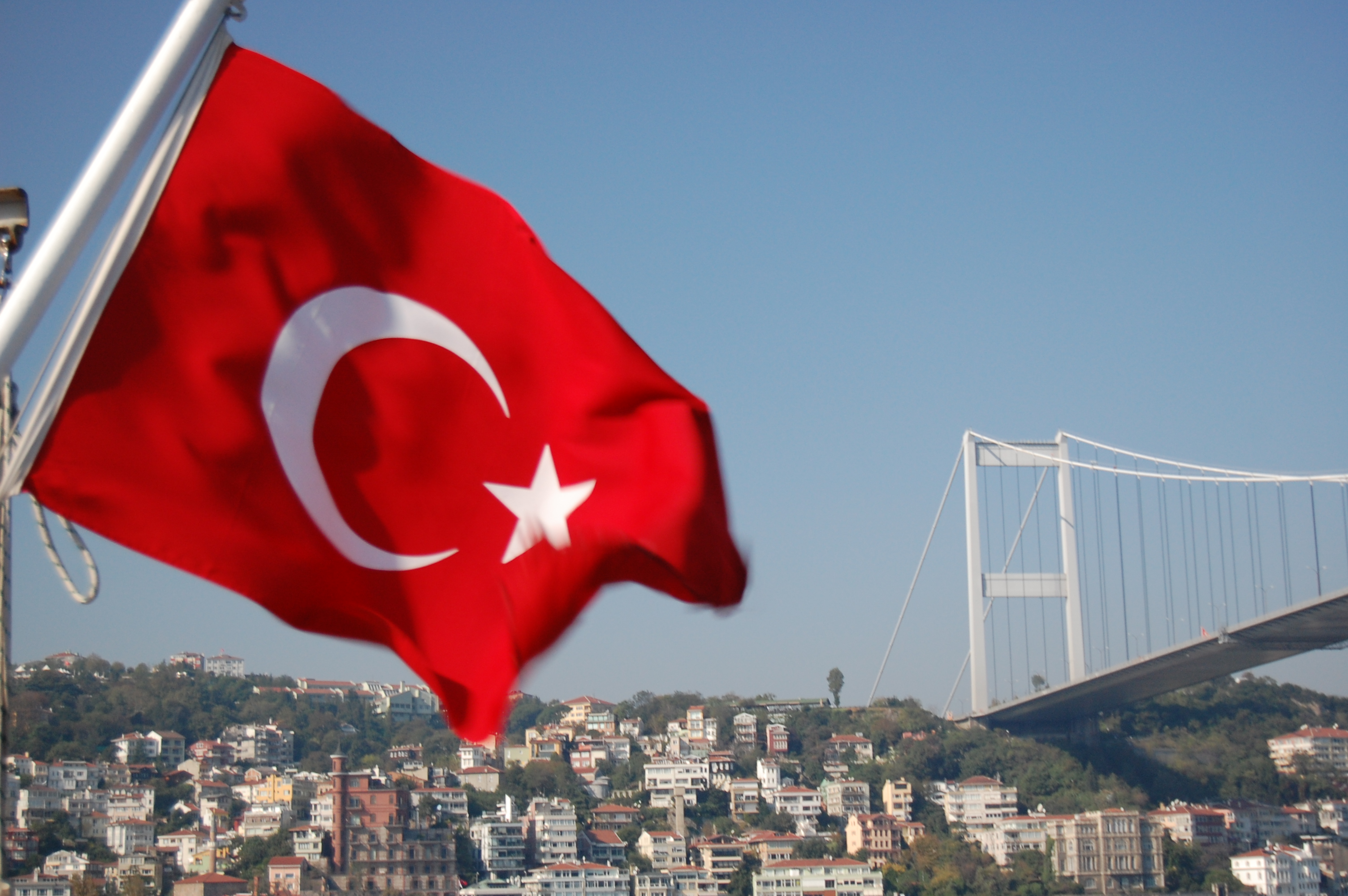–News Direct–

Millions of people throughout the world participate in various forms of virtual wagering, making online gambling a global phenomenon. The legal status of online gambling, however, varies widely from country to country, and Turkey is no different. In this article, we will look at the complicated environment of online gambling in Turkey, including its history, legal framework, and obstacles. Learn more about gambling and betting sites in the Turkish language at Hindustantimes.com
A Brief Overview
Turkey has a long history of gambling, with various forms of betting and gaming being prevalent for millennia. Horse racing and the national lottery are examples of traditional gambling activities that have been regulated and legalized. However, the rise of internet gambling has presented Turkish authorities with a new set of challenges.
The Legal Structure
In Turkey, the legal situation of online gambling is very tight. The Turkish Penal Code, the Law on Intellectual and Artistic Works, and the Law on Regulation of Internet Publications and Suppression of Crimes Committed Through Such Publication oversee the country's gambling regulations. With a few exceptions, these rules restrict most types of online gambling.
The government has taken a hard approach against online gambling, viewing it as a threat to public order and morals. As a result, many international online gambling businesses are blacklisted by Turkish internet service providers, making access to overseas gambling websites impossible for Turkish nationals.
Despite the severe laws, several forms of online gambling remain legal in Turkey. The state-owned sports betting organization, IDDAA, provides legal online sports betting services to Turkish nationals. Furthermore, the national lottery, Milli Piyango, provides an internet portal where consumers may purchase lottery tickets for various games.
Challenges and Concerns
The ban on online gambling in Turkey has created a number of issues and concerns:
Unregulated Market
The stringent laws have resulted in a burgeoning black market for online gambling. Turkish citizens who want to gamble online frequently use unregulated and potentially dangerous websites, exposing them to the hazards connected with illegal gambling activities.
Lost Revenue
The government is losing potential tax money from internet gambling. Regulating and taxing the industry might raise much-needed funds for government services.
Consumer Protection
Because there is no regulated Internet gaming market, there are no consumer protections. If Turkish citizens find problems with unlicensed providers, they have few options.
Social Issues
Critics claim that a comprehensive prohibition on internet gambling does not address the fundamental issues associated with gambling addiction. A more comprehensive approach that includes education, treatment, and harm-reduction techniques may be required.
Conclusion
Online gambling is a difficult topic in Turkey, with a stringent legal framework restricting access to most types of virtual gaming. While the government's concerns about the possible social and moral consequences of internet gambling are legitimate, the current strategy may be ineffective in addressing these concerns. There is some disagreement regarding whether a more regulated and controlled internet gaming sector with proper safeguards would benefit both the government and Turkish residents.
As the global gaming landscape evolves, it will be fascinating to watch if Turkey reconsiders its approach to online gambling regulation and seeks new tactics to manage the issues connected with this popular form of entertainment.
Contact Details
iGaming News
View source version on newsdirect.com: https://newsdirect.com/news/the-complicated-online-gambling-landscape-in-turkey-297124915
AM Europe
COMTEX_440246283/2655/2023-09-15T03:00:36
Disclaimer: The views, suggestions, and opinions expressed here are the sole responsibility of the experts. No Smart Herald journalist was involved in the writing and production of this article.